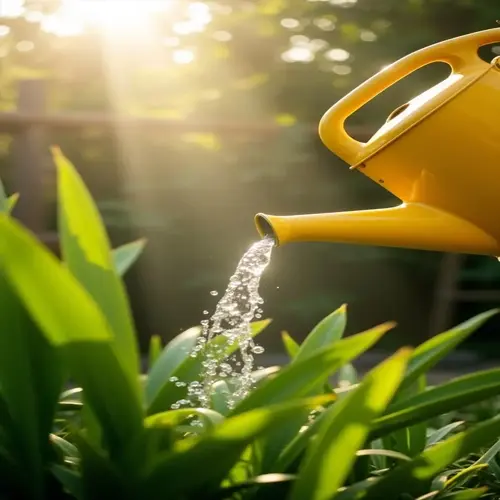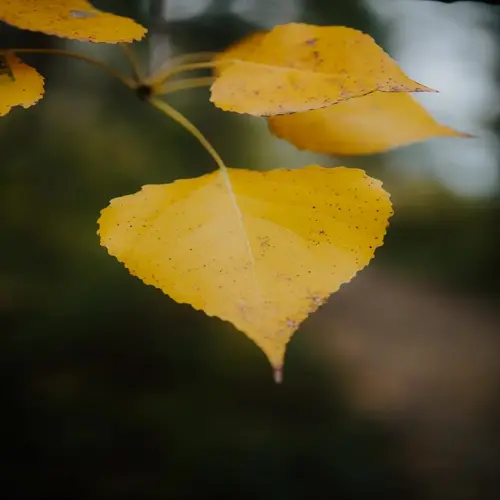What common myths exist about acidic soil?

Written by
Olivia Mitchell
Reviewed by
Prof. Samuel Fitzgerald, Ph.D.There are plenty of gardener myths surrounding acid soils that lead to ineffective practices gardeners use. For example, some gardeners believe that, like pine needles, coffee grounds will lower the soil's pH over time. Myths persist despite scientific evidence of their minor effects. Knowing what is in the soil prevents wasted time and effort, as well as gardening accidents. Know how to manage acid-loving plants appropriately.
Pine Needle Fallacy
- Myth: Creates highly acidic soil
- Reality: Only surface pH reduction
- Impact: Minimal change below 2-inch depth
Lime Misconception
- Myth: Permanently raises pH
- Reality: Requires annual reapplication
- Impact: Temporary effect washed out by rain
Symptom Misdiagnosis
- Myth: Yellow leaves always mean disease
- Reality: Often indicate pH imbalance
- Impact: Wrong treatments harm plants
Many of these myths derive their starting points from anecdotal observations without scientific validation. Fresh coffee grounds appear acidic, but they are quickly neutralized once incorporated into the soil. Pine needles seem to work only because they tend to be associated with evergreen trees. Half-truths morph into gardening rules. Do your homework before implementing new measures in your garden to keep your plants healthy and thriving.
Misguided practices result in actual horticultural problems. Vinegar, for example, inhibits beneficial soil bacteria, which can impact pH management. Planting alkaline-loving lavender in acidic soils causes nutrient deficiencies. Using excess coffee grounds creates crusts that are water-repellent on the soil's surface. Each mistake wastes your time and effort and stresses plants.
Implementing evidence-based practices leads to reliable results. Conduct soil testing in every season, and use handheld digital meters to increase accuracy. Elemental sulfur can be applied at recommended rates for lasting reductions in pH. Select plants according to your naturally occurring soil conditions, and record changes in your garden to determine what really achieves the desired change in your garden.
Read the full article: 10 Acid Loving Plants for Your Garden

